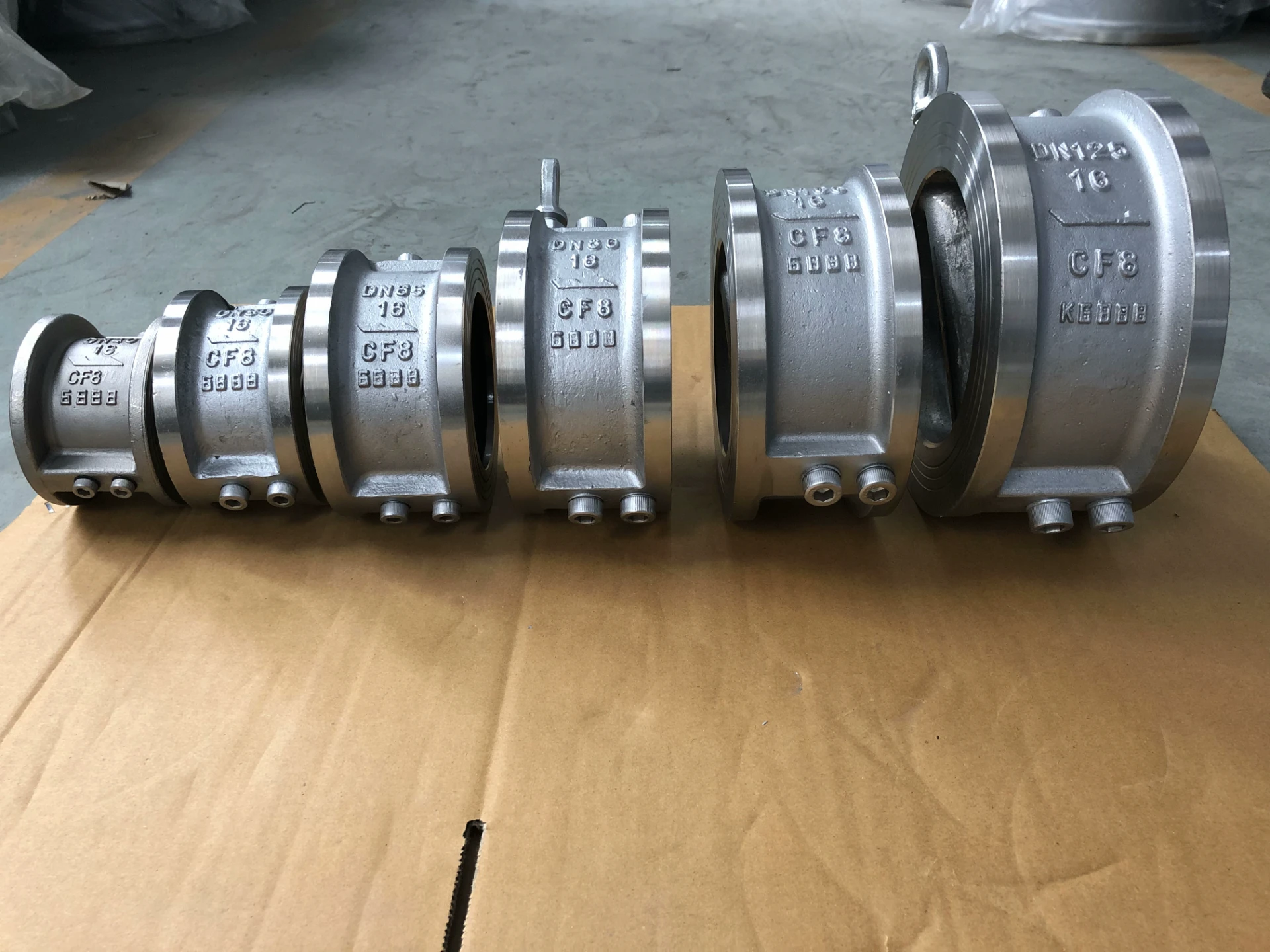Flange Type Ball Valves and Their Applications in Modern Piping Systems
Understanding Ball Valve Flange Types
Ball valves are essential components in various industrial applications, primarily used for regulating the flow of liquids and gases. Among the various types of ball valves, the flange type stands out for its ease of installation and robust performance. This article delves into the specifics of ball valve flange types, their benefits, applications, and considerations for selection.
What Are Flange-Type Ball Valves?
Flange-type ball valves are designed with flanges on both ends, allowing for easy attachment to pipes. Flanges are flat plates with holes for bolts, which provide a secure connection between the valve and the pipeline. This design makes it straightforward to install or replace valves without having to disturb the surrounding pipeline, significantly reducing maintenance time and costs.
Benefits of Flange-Type Ball Valves
1. Ease of Installation The flange design allows for quick installation and removal. Since they can be bolted directly to the pipe, this minimizes the labor required, resulting in lower installation costs.
2. Sealing Integrity Flange-type ball valves provide superior sealing capabilities, which is critical in preventing leaks in high-pressure systems. Their design allows for uniform pressure distribution across the sealing surface, enhancing reliability.
3. Versatility These valves can handle various media, including liquids, gases, and even slurries, making them suitable for a wide range of applications across industries like oil and gas, water treatment, and chemical processing.
4. Durability Constructed from high-quality materials such as stainless steel or carbon steel, flange-type ball valves exhibit excellent resistance to corrosion and wear, extending their lifespan and reducing the need for frequent replacements.
Applications of Flange-Type Ball Valves
Flange-type ball valves are utilized in several applications due to their robust design and versatility
. Some common areas of use includeball valve flange type

- Oil and Gas Industry These valves are critical for controlling the flow of oil and gas in pipelines, refineries, and processing facilities. Their reliability under extreme temperature and pressure conditions makes them indispensable in these settings.
- Water Treatment In municipal water systems, flange-type ball valves manage water flow, ensuring efficient treatment processes and preventing system failures.
- Chemical Processing The chemical industry often requires valves that can withstand aggressive media. Flange-type ball valves are suitable for handling corrosive chemicals, providing safety and reliability.
Considerations for Selection
When selecting a flange-type ball valve, several factors should be considered to ensure optimal performance
1. Material Compatibility It’s crucial to choose a valve made from materials that are compatible with the media being transported. Different materials, such as brass, stainless steel, or plastic, may be better suited for certain applications.
2. Pressure and Temperature Ratings Always verify the valve's pressure and temperature ratings to ensure it can operate safely within the desired parameters.
3. Size and Connection Standards Flange size and bolt patterns should match those of the existing piping system. Common standards include ANSI, API, and DIN, and the correct matching is essential for proper installation.
4. Actuation Method Consider whether manual or automated operation is required. Automated solutions, such as electric or pneumatic actuators, can enhance operational efficiency in larger systems.
Conclusion
Flange-type ball valves play a vital role in modern industrial applications, offering reliable performance and ease of installation. Their versatility and durability make them a preferred choice for managing fluid flow in a variety of sectors. When selecting a flange-type ball valve, careful consideration of material compatibility, pressure ratings, and size will ensure optimal operation and longevity. As industries continue to evolve, the demand for efficient and reliable valve solutions like the flange-type ball valve will only increase.
-
The Key to Fluid Control: Exploring the Advantages of Ball Valves in Industrial SystemsNewsJul.09,2025
-
The Versatile World of 1, 2, and 3 Piece Ball ValvesNewsJul.09,2025
-
Stainless Steel Ball Valves: The Ideal Choice for Efficient Flow ControlNewsJul.09,2025
-
Optimizing Fluid Control with Ball Float ValvesNewsJul.09,2025
-
Manual Gate Valves: Essential for Control and EfficiencyNewsJul.09,2025
-
Everything You Need to Know About Butterfly ValvesNewsJul.09,2025
-
The Versatility of Wafer Type Butterfly ValvesNewsJul.08,2025




